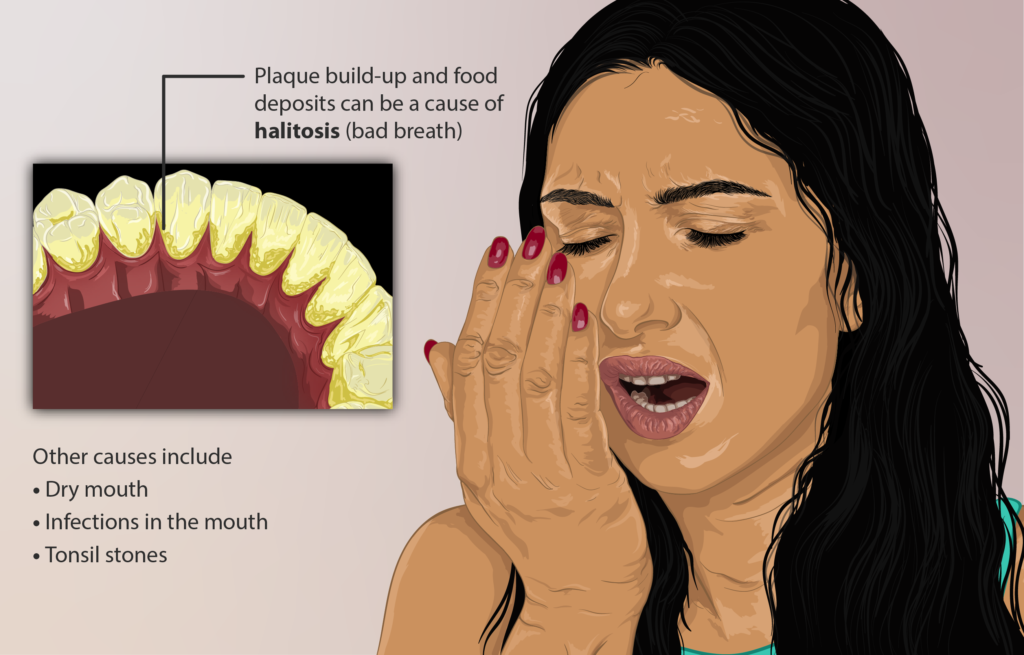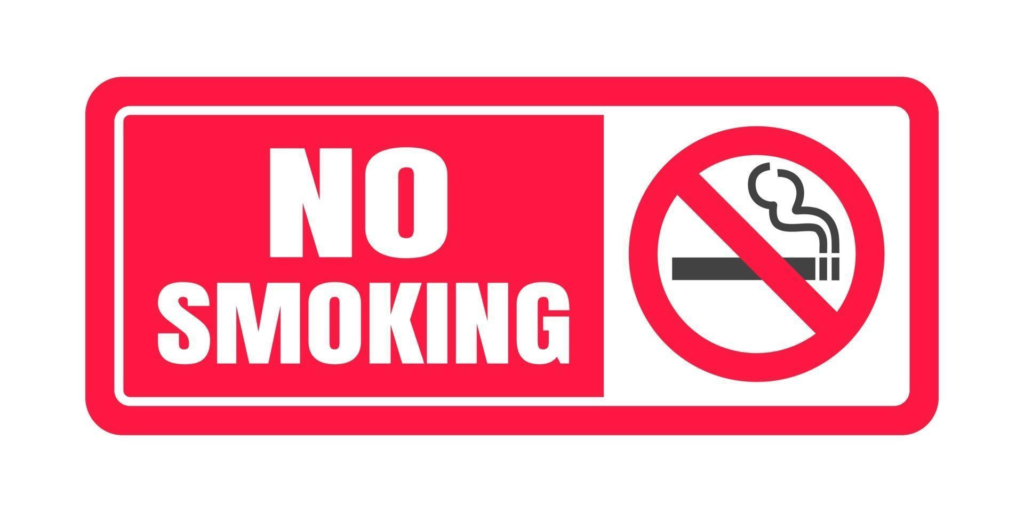Bad breath, medically referred to as halitosis, can be an embarrassing and distressing issue. It affects people of all ages and can stem from various causes, such as poor oral hygiene, certain foods, or underlying health issues. Fortunately, addressing bad breath doesn’t have to be complicated. By understanding its causes and following a few practical tips and tricks, you can restore confidence in your smile and enjoy fresh breath throughout the day.
Understanding the Causes of Bad Breath

Before diving into solutions, it’s essential to identify the root cause of bad breath. Common causes include:
| Cause | Description |
|---|---|
| Poor Oral Hygiene | Failing to brush and floss daily allows food particles to remain in the mouth, leading to bacterial growth and unpleasant odors. |
| Dry Mouth | Saliva helps cleanse the mouth by removing particles that cause bad odors. A dry mouth, often caused by dehydration or medications, can worsen bad breath. |
| Certain Foods and Beverages | Foods like garlic, onions, and coffee can leave lingering odors. |
| Smoking and Tobacco Use | Tobacco products cause a distinct, persistent odor and can also lead to gum disease, a contributor to halitosis. |
| Dental Issues | Cavities, gum disease, or poorly fitted dental appliances can harbor bacteria that cause bad breath. |
| Underlying Health Conditions | Conditions like sinus infections, tonsil stones, or gastrointestinal issues can lead to halitosis. |
By addressing these underlying factors, you can take targeted steps to combat bad breath effectively.
Top Tips and Tricks to Fix Bad Breath
1. Maintain a Thorough Oral Hygiene Routine
The foundation of fresh breath is a clean mouth. Follow these steps to improve your oral hygiene:
- Brush Twice Daily: Use a fluoride toothpaste to brush your teeth for at least two minutes twice a day. Pay special attention to the tongue, as bacteria often accumulate there. You can use electric toothbrush for effective and efficient brushing.
- Floss Daily: Flossing removes food particles and plaque from between the teeth where a toothbrush can’t reach.
- Use an Antibacterial Mouthwash: Rinsing with a mouthwash can kill odor-causing bacteria and leave your breath feeling fresh.

2. Stay Hydrated
Dehydration can lead to dry mouth, which is a significant contributor to bad breath. Drink plenty of water throughout the day to stimulate saliva production and wash away food particles and bacteria. Chewing sugar-free gum or sucking on sugar-free candies can also help increase saliva flow.

3. Be Mindful of Your Diet
Certain foods and drinks are notorious for causing bad breath. To minimize odors:
- Limit Strong-Smelling Foods: Garlic, onions, and spicy foods can cause lingering odors.
- Choose Crunchy Fruits and Vegetables: Foods like apples, carrots, and celery can naturally clean your teeth and stimulate saliva production.
- Avoid Sugary Snacks: Sugar feeds bacteria in your mouth, leading to bad breath.

4. Quit Smoking and Tobacco Use
Smoking not only causes bad breath but also stains teeth and damages gums. Quitting smoking can significantly improve oral health and freshen your breath. Seek support from a healthcare provider or a smoking cessation program if needed.

5. Clean Your Tongue
The tongue is a common hiding spot for odor-causing bacteria. Use a tongue scraper or your toothbrush to clean your tongue gently every time you brush.
6. Replace Your Toothbrush Regularly
Over time, toothbrush bristles can become worn and less effective at cleaning your teeth. Replace your toothbrush every three to four months, or sooner if the bristles are frayed.
7. Visit Your Dentist Regularly
Routine dental check-ups and cleanings are essential for maintaining fresh breath. Your dentist can identify and treat issues like cavities, gum disease, or poorly fitted dental work that may contribute to bad breath.

8. Consider Probiotics
An imbalance of bacteria in your mouth or gut can lead to bad breath. Probiotic supplements or foods like yogurt with live cultures can help promote a healthy balance of bacteria.
9. Manage Underlying Health Conditions
If your bad breath persists despite good oral hygiene, it may be linked to an underlying health issue. Conditions such as sinus infections, acid reflux, or diabetes can cause halitosis. Consult with your healthcare provider to address these concerns.
10. Use Natural Remedies
Several natural remedies can help combat bad breath:
- Parsley: Chewing fresh parsley can neutralize odors due to its high chlorophyll content.
- Lemon Water: The acidity in lemon stimulates saliva production and combats bacteria.
- Green Tea: Rich in antioxidants, green tea has natural deodorizing properties.



Prevention Tips for Long-Term Fresh Breath
Preventing bad breath is often easier than treating it. Here are some habits to incorporate into your daily routine:
- Eat Balanced Meals: A balanced diet with plenty of fruits, vegetables, and whole grains supports overall health and freshens breath.
- Chew Sugar-Free Gum: This not only freshens your breath but also stimulates saliva production.
- Avoid Excessive Alcohol: Alcohol can dry out your mouth, leading to bad breath.
- Monitor Your Medications: Some medications can cause dry mouth. Speak with your doctor if this becomes an issue.
- Keep Your Mouthguard Clean: If you wear a mouthguard or retainer, clean it regularly to prevent bacteria buildup.
When to See a Dentist?
If you’ve tried these tips and still struggle with bad breath, it’s time to visit your dentist. Persistent bad breath may indicate a more serious issue, such as gum disease, tooth decay, or an underlying medical condition. Your dentist can provide a thorough evaluation and recommend appropriate treatment.
Conclusion
Bad breath can be an inconvenient and embarrassing problem, but it’s often easily resolved with consistent oral hygiene and healthy habits. By brushing, flossing, staying hydrated, and addressing any underlying causes, you can enjoy fresher breath and greater confidence. Don’t forget to visit your dentist regularly to keep your oral health in check and ensure a radiant, odor-free smile.
Sources:
- https://www.mayoclinic.org/diseases-conditions/bad-breath/symptoms-causes/syc-20350922
- https://www.nhs.uk/conditions/bad-breath/
Hope you liked our content. Share if you appreciate our work.

